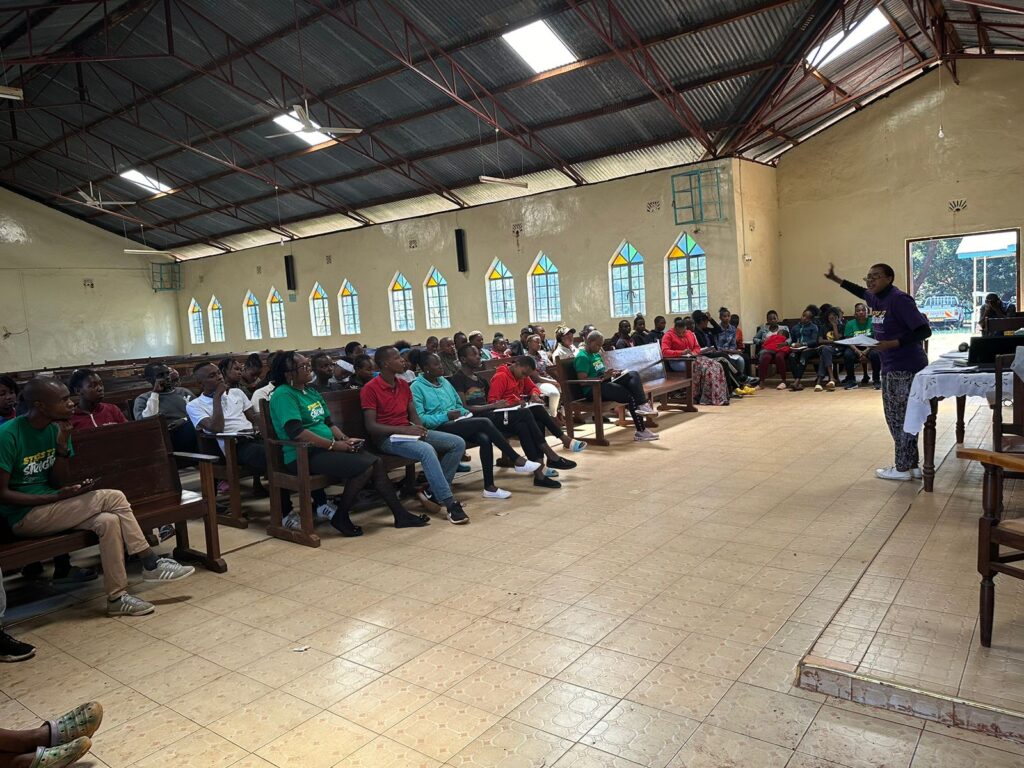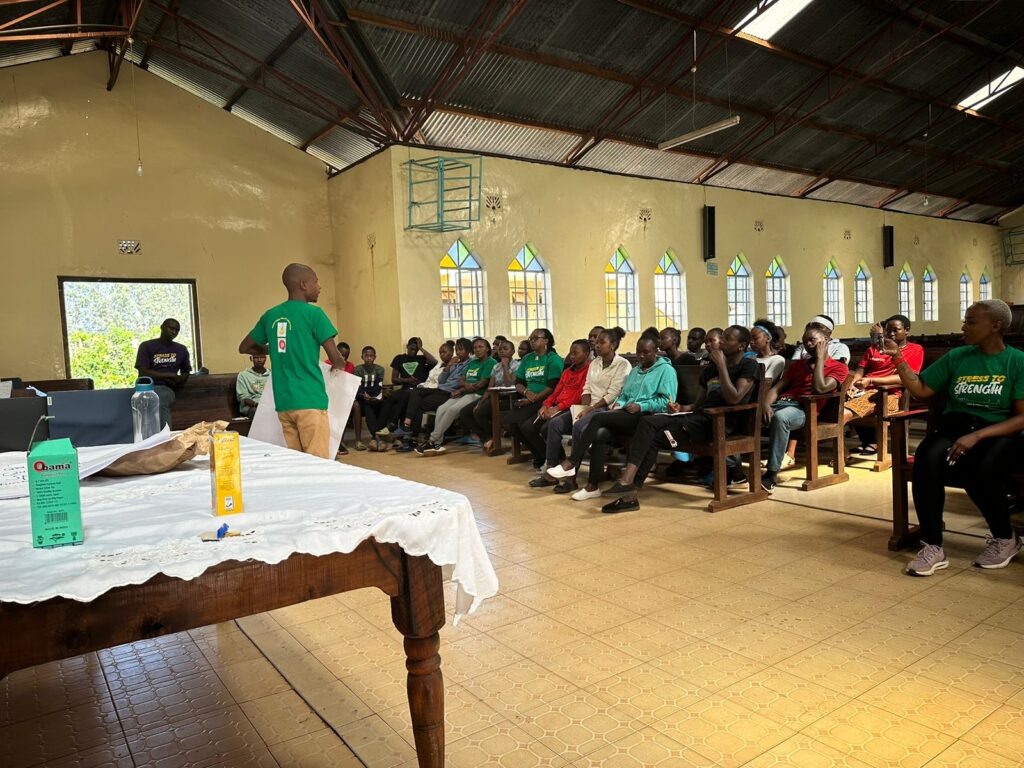
By: Lameck Muzangaza Jnr
Religion is such a broad, complex and multifaceted topic of discussion that has since been a fundamental aspect of human existence. The belief systems, practices, values and norms associated with religion can bring a sense of belonging, hope, faith and purpose, therefore it shapes the way people think, feel, behave and perceive the world. Mental health issues on the other hand are strongly influenced by our beliefs and perceptions, as a result, there is a linkage between religion and mental health issues.
However, studies have revealed that mental health issues have long been a taboo subject in many religious communities, mired in stigma and misinformation. Depression, anxiety, and addiction are viewed as spiritual failure, lack of faith, demonic possession, or divine punishment. This toxic mindset not only discourages those in need from seeking assistance, but it also fosters the notion that mental health issues are shameful, something to hide, and easily prayed away.
This disparity has its origins in different theological interpretations and belief systems that have, through time, promoted the idea that mental illness is a moral or spiritual shortcoming. According to studies, people with religious origins are less likely to seek out therapy or psychiatric care; instead, they frequently wait until their health has seriously worsened before seeking assistance—a practice known as “kuyeuka bako wanaiwa,” in common Shona idiom. Delays in receiving therapy can exacerbate symptoms, disrupt relationships, and raise the risk of suicide.
Additionally, the way spiritual leaders assist persons in need may be impacted by the absence of mental health literacy in religious communities. Because of their special position of authority and near closeness to their followers, spiritual leaders serve as the main point of contact for a large number of very religious people. This highlights the critical role that religious leaders must play in ensuring that individuals in distress receive timely and appropriate mental health support.

However, an increasing amount of evidence indicates that religious leaders, from all different kinds of faiths, are much less likely to recommend people who are having mental health issues to professional therapists or psychiatrists. Rather, they might advocate for prayer, fasting, or other spiritual treatments as the main, or even the only, way to deal with the problem a disturbing prejudice towards mental health issues that impedes access to vital care and perpetuates stigma.
Religious leaders must have the information and tools to effectively recognise, refer, and help those who are battling with mental health difficulties. Religious leaders can play an important role in destigmatising conversations about mental health, equipping communities with the tools to provide compassionate care, and ensuring that those in need can access the help they deserve without having to choose between their faith and their mental health through initiatives such as training programs, support groups, and collaborative partnerships with mental health organisations.
By employing a multifaceted approach that addresses the core causes of mental health stigma, religious communities can seek to reform their culture and become beacons of hope, healing, and holistic care for people in need. By recognising the intricacies and potential difficulties, religious communities can use the power of faith to improve mental health rather than imposing additional obligations on people in need.

0 Comments